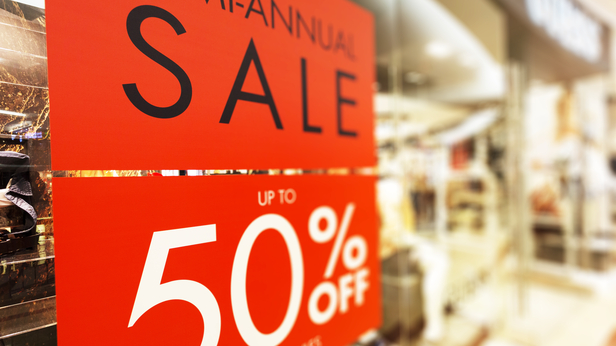
Will Wisconsin consumers finally see relief from government-mandated higher prices?
Press Release | April 19, 2017
[Madison, Wisc…] On Tuesday, Sens. Vukmir and Craig and Reps. Ott and Murphy introduced a bill to repeal portions of Wisconsin’s antiquated Unfair Sales Act. Also known as the minimum markup law, the Unfair Sales Act mandates higher prices and outlaws the sale of retail goods at below cost.The minimum markup law requires that alcohol, tobacco, and motor fuel are marked up 3 percent at the wholesale level, 6 percent at the retail level for alcohol and tobacco, and 9.18 percent at the retail level for motor fuel. It also forbids retailers from selling most other products below cost.
While the new bill is drafted narrowly, the MacIver Institute welcomed the renewed attention on the larger problem:
“I want to thank Sen. Vukmir, Sen. Craig, Rep. Ott, and Rep. Murphy for their willingness to, once again, raise awareness on this commonsense and overdue consumer-friendly reform. As we have witnessed in the past, the status quo special interests will stop at nothing to keep this Depression-era unjust law on the books,” MacIver Institute President Brett Healy said.
“The political pressure to stay silent on this issue and to never utter the words ‘minimum markup’ is suffocating within the Capitol. The authors of this repeal bill deserve credit for sticking to their free market principles and speaking out about this consumer injustice,” Healy added.
Wisconsinites overwhelmingly oppose the minimum markup law. A 2015 poll found that 56 percent of likely voters in Wisconsin support its repeal. Support for repeal increases to 76 percent when respondents were informed about the law’s specifics.
Informed opposition to the law is no surprise. The MacIver Institute found the minimum markup law led to significantly higher back-to-school prices in Wisconsin, and made Black Friday doorbuster deals illegal. Also, Amazon Prime day became Amazon Crime day in Wisconsin thanks to this law.
“It is not the proper role of government to prevent consumers from getting a good deal or finding a crazy low price,” Healy said.